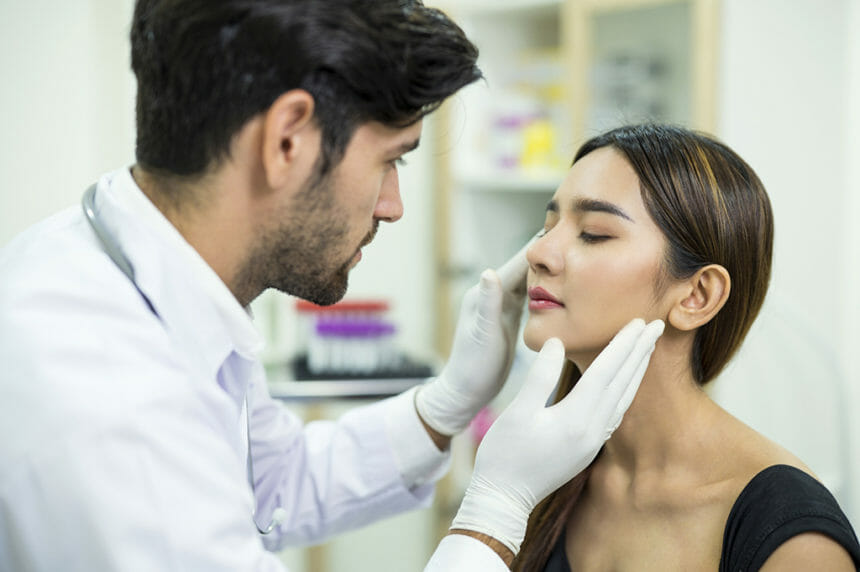April 15 is usually associated with taxes. This year, however, it marks the 20th anniversary of the FDA’s approval of onabotulinumtoxinA, better known as Botox.
Since its debut in 2002, Botox has become a cultural phenomenon and an aesthetic juggernaut (and a minimally invasive one at that), with millions of people seeking it out to reduce signs of aging in the face. Beyond its cosmetic applications, Botox injections can also be used to treat cervical dystonia, lazy eye, hyperhidrosis and chronic migraine among several other medical conditions, according to the Mayo Clinic.
Between 4 to 5 million people receive Botox treatment annually according to an American Society of Plastic Surgeons report released in 2020. Additionally, UCSF Health refers to it as “one of the most common non-surgical cosmetic procedures” in the world.
Botox, marketed by AbbVie subsidiary Allergan Aesthetics, generated $2.23 billion in global net revenues last year, according to the company’s latest earnings report. Which begs the question: Is it possible to sustain that momentum indefinitely?
A study released by The Insight Partners in March indicated that the Botox market will reach nearly $9 billion by 2028, representing a CAGR of 7.8% from 2021 to 2028. The report attributes the projected growth to “increasing aesthetic procedures and the use of botulinum toxin, and the rising number of non-invasive cosmetic procedures.”
“This celebration is about reflecting on the people who helped make Botox Cosmetic a household name,” said Carrie Strom, SVP at AbbVie and president of Global Allergan Aesthetics, in a statement. “We celebrate our customers, our colleagues and all the patients who have been a part of our success.”
Botox’s influence on pop culture has been significant, given its use by numerous Hollywood celebrities, with good and bad results. Botox also has been a centerpiece of the mainstream popularization of plastic surgery, owing to its inclusion in numerous television shows and movies.
Even during the COVID-19 pandemic, Botox remained a societal staple. Due to a lack of passenger travel in 2020, commercial airlines redeployed aircraft to operate cargo-only flights, initially for transporting PPE before expanding into other consumer items, like Botox. Additionally, a Sentieo analysis of Google Trends data found that Botox was among the most popular searches in 2021 alongside “crypto” and “oat milk.”
Still, Botox also hasn’t been spared from the disruptions facing the modern world. AbbVie announced in mid-March that it was temporarily suspending operations for aesthetic products in Russia due to its invasion of Ukraine.







